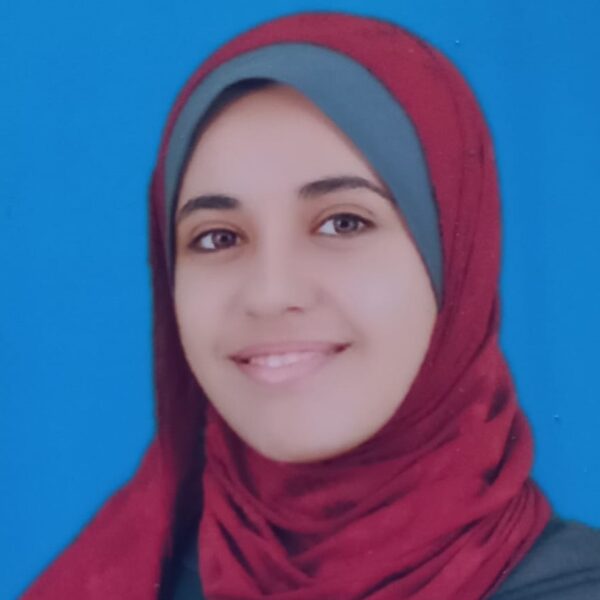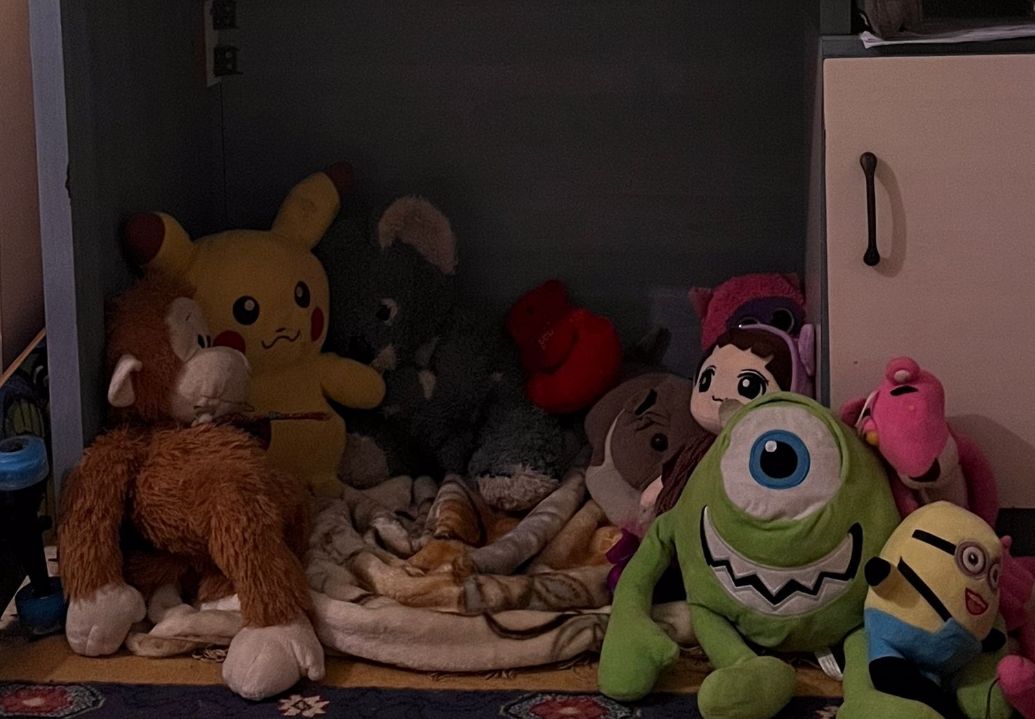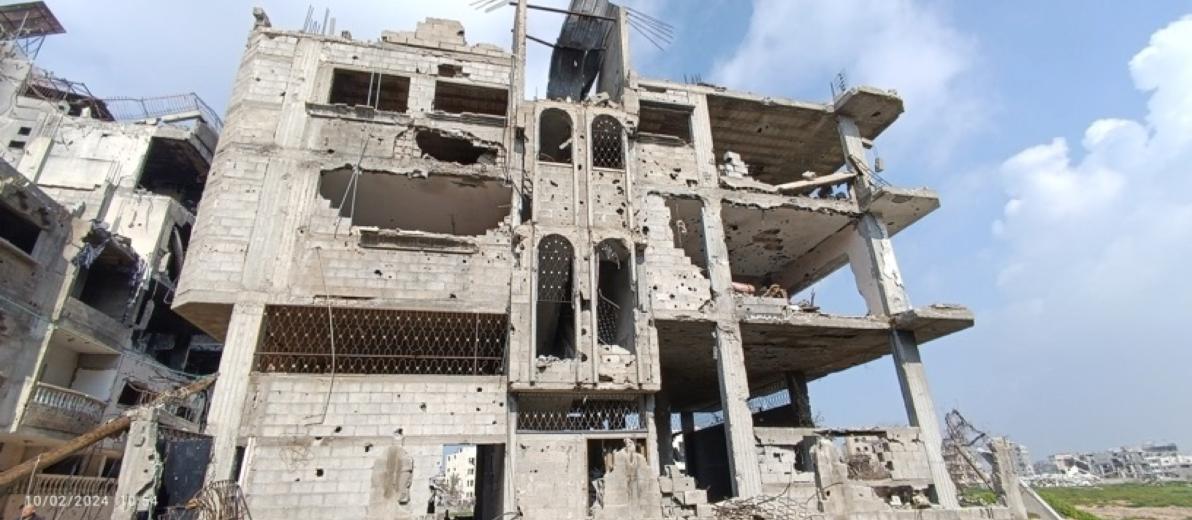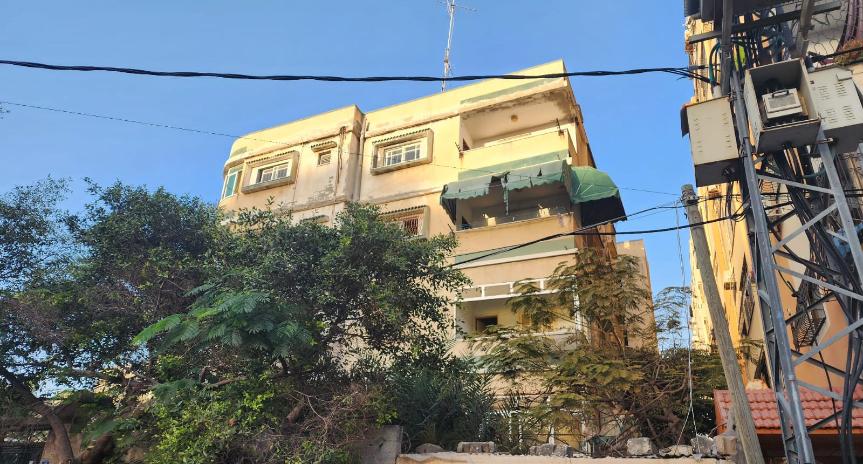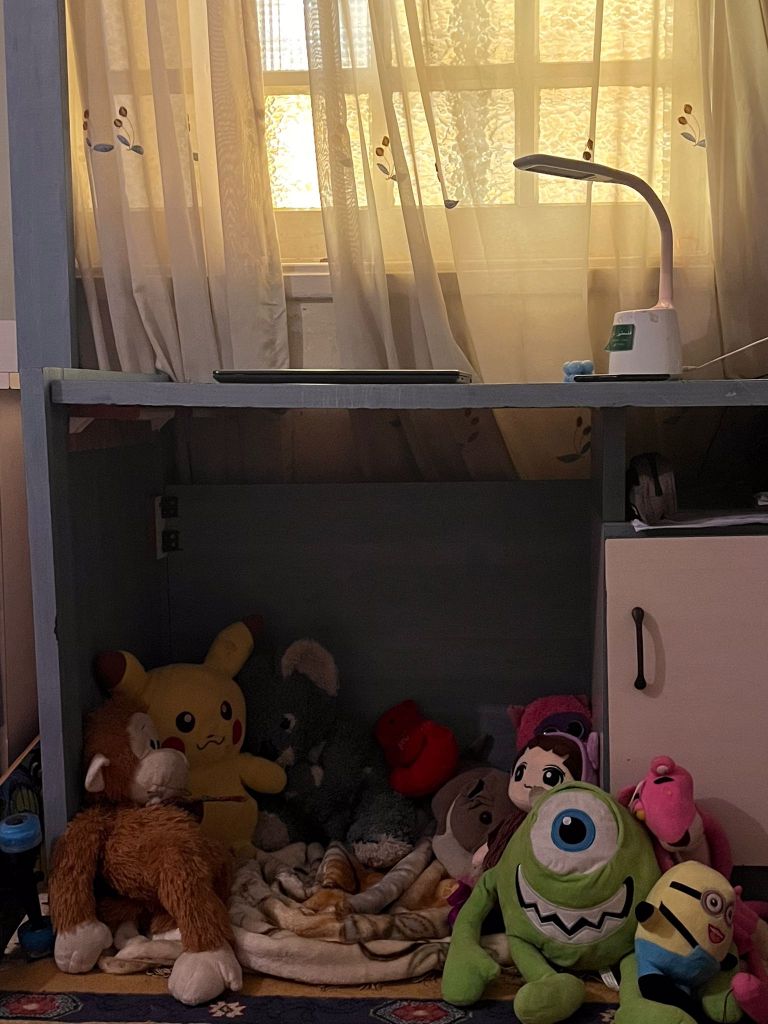
“I get déjà vu,” 11-year-old Elias said to his older sister, when he heard the Israeli bombardment begin.
We all experience flashbacks, but I don’t think déjà vu should work like this. It’s not okay for a child to feel déjà vu at the sound of bombardment. I easily relate to a child recalling the sound of his favorite TV theme song, but recalling the sound of bombs as a usual thing? It’s just not right.
“I tend to believe that the sky is farting rather than raining missiles. That helps me feel less scared,” mused 12-year-old Manar about the latest attack.
Is it normal for a child to associate the word “missiles” with “raining”? Everywhere on Earth, the sky rains rain, often a welcome relief from the heat and nourishing to our orchards and fields. Here in Gaza, describing the fall of rockets and bombs as death “raining” down on us sounds, well, so natural.
Seven-year-old Ghassan put his blanket and teddy bears under his sister’s desk to create his own shelter. “I made this so I can run to it when a missile comes. I take my teddy bears and dolls, so I can protect them with me. I want them to feel safe, too. I also keep five shekels here, so I can buy us some candy when it is over.”
It’s common sense that a child should feel safe at home, right? Yet it seems there is no common sense with the Israeli occupation. How will little Ghassan hang in there until the siege is over?
He will, the way I did, the many of us do. We just do.
And the stories go on and on. These children did nothing wrong to deserve a life under such merciless circumstances. They were merely born in a place under siege. Instead of waking up for breakfast, then heading to school, they might awaken to the roar of explosions, the pulsing of helicopters, and the shouting and screaming of family and neighbors.
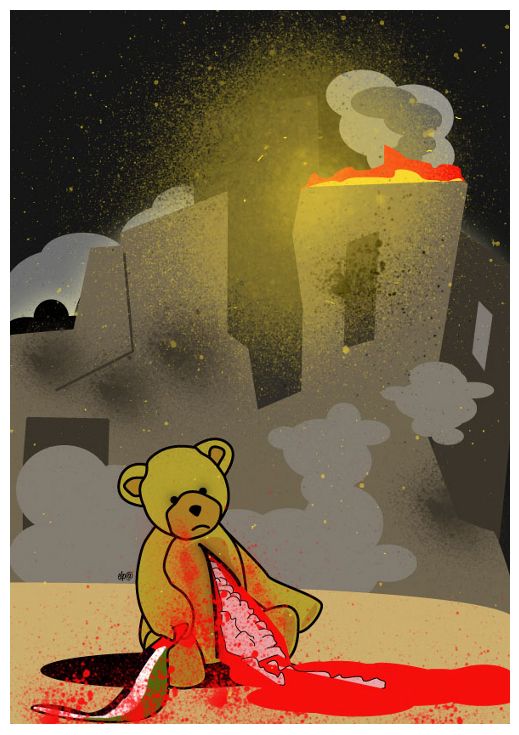
Before the recent Israeli bombardment, Elias had prepared himself to take an English exam, but he would not. Manar had readied herself for a contest presentation about “Internet Addiction,” but she would not. Ghassan hoped to catch up with his friends the next day, but he would not. A sudden missile salvo struck their neighborhood around 2 a.m., paralyzing life throughout Gaza. All the plans these children had made vanished. I had plans of my own, but I could not, after all, attend an International Committee of the Red Cross session with We Are Not Numbers.
Unfortunately, it is not only about panic and cancelled plans. Death haunts the children here. Five-year-old Tamim died of a panic attack caused by the continuous sound of Israeli bombs. His heart stopped. 17-year-old Yazan died in a rocket strike. His teacher said that she can never imagine a class without his smile, his laugh, or his words.. Lives are cancelled.
How long will we suffer these attacks? How many more years will we cry at our own stories? And how, after all this, will children go on with their lives? When each assault on Gaza is over, can they go back to school, make their presentations, take their exams, and catch up with their friends, as if nothing happened?
They will, again and again. They will pretend, as we all do, that everything has returned to normal, but the empty school seats of their lost friends will haunt them.
Anger, frustration, and sadness strain every nerve in my body, as I recall and write these stories. It is normal, isn’t it, for adults to reminisce about their childhoods, to smile and wish they could return to those simpler, innocent times? What will Gazans remember?

